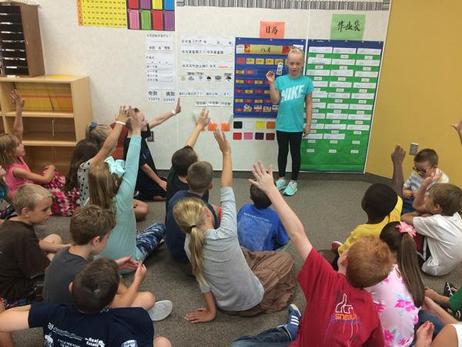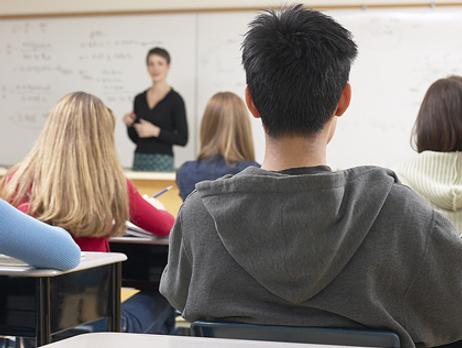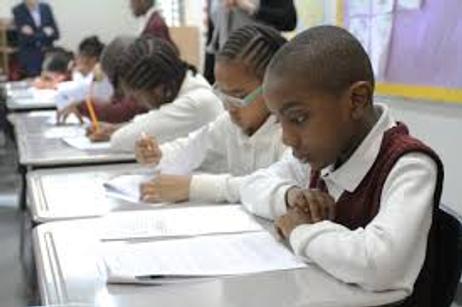A proposal to give state funding directly to high school students, rather than public schools, continues to be hashed out by Utah lawmakers. The bill would take per-pupil funding and put it into a savings account for the individual student, rather than sending it directly to the local school district. This money could then be used by the student to pay for public or charter school, online classes, or even courses at the college level. Like other bills touting school choice, this proposal has been met with strong opinions on both sides of the aisle.
About HB123
The new bill, dubbed HB123, is a proposal that would put money into the hands of students and their parents, rather than the school system. The bill was originally introduced by Republican state Representative John Dougall, according to the Huffington Post. Dougall believes that his bill would offer a number of advantages to Utah high school students, including the creation of more competition between schools, which could raise the bar on the quality of education in the state overall.
“Today what we have is top down funding and we know many of the challenges that come with top down funding,” Dougall told the Huffington Post. “HB123 is what I call grassroots funding where we fund the student rather than institutions.”
Dougall estimates that the current funding amount students would expect to receive from the state would be approximately $6,400 per student, per year, based on






















